❤️ Start noticing things you appreciate, want more of, and need to let go of.
If you find yourself struggling with self-love, you’re not alone.
Every single one of us yearns for a deeper connection, appreciation, and genuine acceptance of who we are.
But it’s hard to feel good inside when we don’t feel like we’re worthy enough.
Journaling is one way we can strengthen the relationship we have with ourselves. And in this article, I’ll share five journaling exercises that focus on self-appreciation, passion, purpose, and fulfillment.
We’ll delve into how to journal for self-love with methods such as creating authentic affirmations, reflecting on our strengths, uncovering deep desires, and expressing gratitude.
Plus, a simple writing trick that will shift your perspective 10-fold.
Why Journaling is Great for Nurturing Self-Love
You Become Your Own Best Friend
When we have a deep understanding of ourselves, we become our own best friend.
Think about it —your closest friend (that real homie who genuinely has your back) knows your quirks, your secrets, your weaknesses. They’ve seen you ugly cry mascara down your face, and not judged you.
They know when you’re annoyed and when you’re being a total PITA (pain in the arse), yet they STILL love the bones of you.
They accept you for who you are, but they will tell you when you’re out of line -with love and respect, of course. And they will cheer you on and celebrate when you do something great.
Your journal is your bestie. But in paper form (or digital form for the technically savvy).
No judgment, no filters, and one heck of a support system.
And under these conditions, self-understanding and self-love can thrive.
Your Journal Becomes Your Personal Gardener
Imagine your mind as a private garden, and your journal as the tool to help you take care of that garden. Just like a gardener knows which plants need more sunlight or water, journaling helps us figure out and manage our own needs.
By indulging in regular reflective journaling, we can grow our self-awareness 1, pluck out those pesky weeds that hinder our growth (negative thoughts, self-criticism, self-doubt), and allow self-love to bloom.
Like a well-tended garden, our minds do best when they’re looked after and cared for. Journaling is our safe space, a sort of therapy 2 where we can rake through our thoughts, behaviours, and emotions. Where we can discover who we are, learn to accept our faults and flaws with love and kindness, and continue our journey of improving the relationship we have with ourselves, as well as with others.
5 Ways to Journal for Self-Love
When it comes to journaling for self-love, it’s important to recognise that the journey can be challenging and emotionally charged.
The key is to approach it with an open and curious mind. Explore different types of journaling and pay attention to what feels good. Journaling isn’t about following strict rules or guidelines, so it is okay to change things up if one method isn’t working for you.
Personally, I love experimenting, and throughout the years, I’ve incorporated a range of exercises into my journaling practice. Many of which have had a significant impact on my personal growth.
So, here are a few exercises I recommend for your self-love journaling journey.
Create Authentic Affirmations
I use to cringe at the idea of affirmations.
Standing in front of a mirror and repeating statements that weren’t a true reflection of what I was thinking or feeling at the time felt forced and inauthentic. But I was doing them all wrong.
Affirmations work best when they align with your personal beliefs and values 3.
And when you write them, you do so in a way that acknowledges your current reality. It’s pointless affirming how wonderful your life is when you know full well that your rose garden isn’t so rosy.
For instance, let’s say I’m going through a rough patch in my business. I’m feeling overwhelmed. I start doubting my abilities and second-guessing myself. Instead of reciting generic affirmations like “I’m successful and thriving in my business” (which is not my reality at that moment).
I’ll write an affirmation like this:
“I’m resilient, and a great problem-solver. I will get past this. But right now, I’m embracing the opportunity to learn and grow from this experience”.
Or:
“Each day, I take small steps towards improving my skills and achieving success, and I welcome the growth that will come from this”.
Writing my affirmations like this helps me to keep things real. I’m acknowledging the existence of the struggle while remaining true to my personal beliefs and the values I hold around authenticity, learning, and growth.
What authentic affirmations can you create for yourself? Add these to your journal.
Reflect on Your Strengths and Unique Qualities
How many times do we tell ourselves we’re good at something?
When it comes to our weaknesses or areas of improvement, most of us can rattle those off like a pro.
All too often we underestimate our abilities or downplay our accomplishments, leading to a lack of self-confidence and self-appreciation. We do this for a number of reasons.
Maybe it’s because we don’t want to shine too brightly, so we dim our light. Maybe it’s because we’ve internalised a false belief that has us crazy-talking ourselves into thinking we aren’t capable or competent enough.
But, that’s a lie.
Every one of us has some unique talent. And your journal is the place where you can brag about it.
I allow myself to unashamedly brag about the stuff I’m good at, because it’s my journal, and I can brag if I want to. And I encourage you to do the same.
To start, make a list of your accomplishments, talents, skills, and unique qualities. Consider both big and small achievements across various areas of your life, including personal, professional, academic, as well as social. Reflect on moments when you felt confident, capable, and proud of yourself.
If this is something you struggle with, ask a close friend. Someone you trust and, get them to tell you what strengths they see in you. Then use those as reference points for your journal.
Explore Your Dreams, Desires, and Aspirations
“When you say yes to something, you say no to something else”.
I’m not sure which genius came up with this brilliant piece of philosophy, but it’s one heck of a reminder of how life is full of trade-offs.
We have commitments and responsibilities that demand our attention—Whether it’s hustling at work, taking care of loved ones, raising a family, or keeping up with the never-ending to-do lists.
These commitments are undoubtedly important, but navigating life’s obligations while secretly yearning for that creative project, adventure, or personal goal can leave us feeling disconnected and unfulfilled.
Finding our way back to that dream or desire is like finding, and falling in love with yourself all over again.
I’ve witnessed these trade-offs first-hand through my mother’s journey.
As a single parent, she made numerous sacrifices to raise me and my siblings. Sports, particularly netball, had always held a special place in my mum’s heart, but there was one thing she had longed to do: learn how to swim.
It wasn’t until her late 60s that she finally made that dream a reality.
Despite believing for years that it was too late to “learn new tricks”, she mustered up the courage, bought a swimsuit for the first time in her life, and joined a gym.
Now, my mum glides through the water with the grace of a seal.
And her eyes sparkle whenever she talks about her fitness classes and the camaraderie of her gym buddies. This next level of confidence and self-pride is truly beautiful to witness.
Most of us have unrealised dreams. They seem so unobtainable.
But you can use a journal to capture some of that magic of realising a lost dream. By writing about desires and aspirations, you can reconnect with that part of you that you placed on hold.
Pull out your journal and write down everything you’ve ever yearned for. Use this space to rediscover your passions.
💡 Related: 86 Self-Discovery Journal Prompts
Express Gratitude for Yourself and Your Journey
Sometimes, we find ourselves caught up in comparing our lives to others, focusing on what we lack or what we wish we could be. It’s a draining cycle of doom that takes a toll on our self-perception and confidence.
Thankfully, gratitude flips the script on that. It helps us see the good things that come as part of our package.
And no, life isn’t all daisies and lollipops. But even in the midst of chaos, there are silver linings waiting to be noticed and appreciated. When we train ourselves to recognise these we get to a place of acceptance and contentment. And that’s a much more peaceful, and self-loving life to live.
An easy way to start gratitude journaling is to write gratitude lists.
Start with the basics, like: “I’m grateful for my family who continue to support me through thick and thin,” or “I’m grateful for the comfortable bed that gives me a restful night’s sleep.”
And then dig deeper. Think about all the little things that put a smile on your face, and why they fill you up with happiness.
💡 Related: How to Start a Gratitude Journal You’ll Want to Keep Writing In
Write to Yourself as Though You Were Someone Else
When it comes to my journaling practice, I have this quirky thing I do.
It involves a simple shift in perspective that has me writing to myself as though I were someone else. Now that might sound a little bananas, but hear me out. This little tactic helps me tune in and listen to the message I need to hear in that very moment.
Here’s how it goes: I start off writing in my usual voice, using “I” to refer to myself. But then, I transition to writing in the second person, addressing myself as “you.”
When I write in this way, it’s like tapping into a deeper part of my subconscious—a gentle, loving force that nudges me in the right direction. It’s a spiritual experience that feels incredibly soothing and supportive.
Sometimes it’s easier to receive encouragement, advice, or praise when it feels like it’s coming from someone else. That’s where this journaling exercise shines. Referring to yourself as “you” creates a beautiful separation, allowing you to truly absorb and embrace those words.
Here’s a snippet from a journal entry I wrote on 16 Feb 2023. I was feeling horrible that morning and giving myself a hard time for not being able to get my shit together. I could have continued to hate on myself, but instead, I chose to seek comfort from my journal:
Woke up feeling distracted. How do I turn this feeling around? Focus on what needs to get done and attack it. You have the power to shift your focus and reclaim your day. Start by acknowledging that distractions are a normal part of life. It's okay to have moments when your mind feels scattered. But remember, you have the ability to regain control and centre yourself. Take a deep breath and remind yourself of your goals and priorities. What needs to get done today? Start with the smallest thing on your list. Even if that's the only thing you get done. You've got this.
I have several pep-talk entries like these. They help me out of a mind funk.
Another way you can write to yourself as though you were someone else is to write letters. Letters of forgiveness, love letters, or even letters to your future self.
—
Did you find these exercises on how to journal for self-love useful?
Let me know in the comments below. I’d love to hear about your experiences with journaling and how it’s contributed to your relationship with yourself.
— Pin for Later —
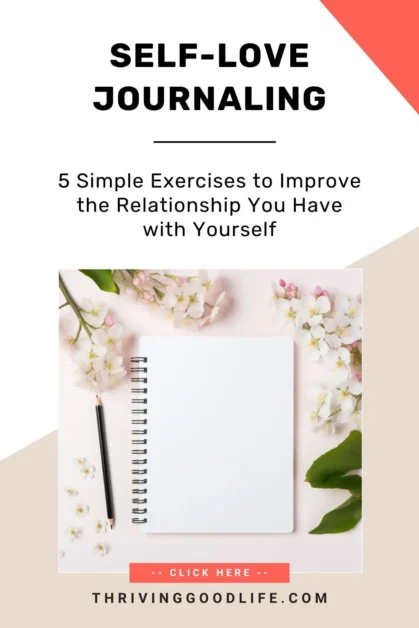

Footnotes
- Woodbridge, L., & O’Beirne, B. R. O. (2017). Counseling students’ perceptions of journaling as a tool for developing reflective thinking. The Journal of Counselor Preparation and Supervision, 9(2). https://doi.org/10.7729/92.1198
- Pennebaker, J. W. (1997). Writing about emotional experiences as a therapeutic process. Psychological Science, 8(3), 162–166. https://doi.org/10.1111/j.1467-9280.1997.tb00403.x
- Steele, C. M. (1988). The psychology of self-affirmation: Sustaining the integrity of the self. Advances in experimental social psychology, 21, 261-302. https://doi.org/10.1016/S0065-2601(08)60229-4
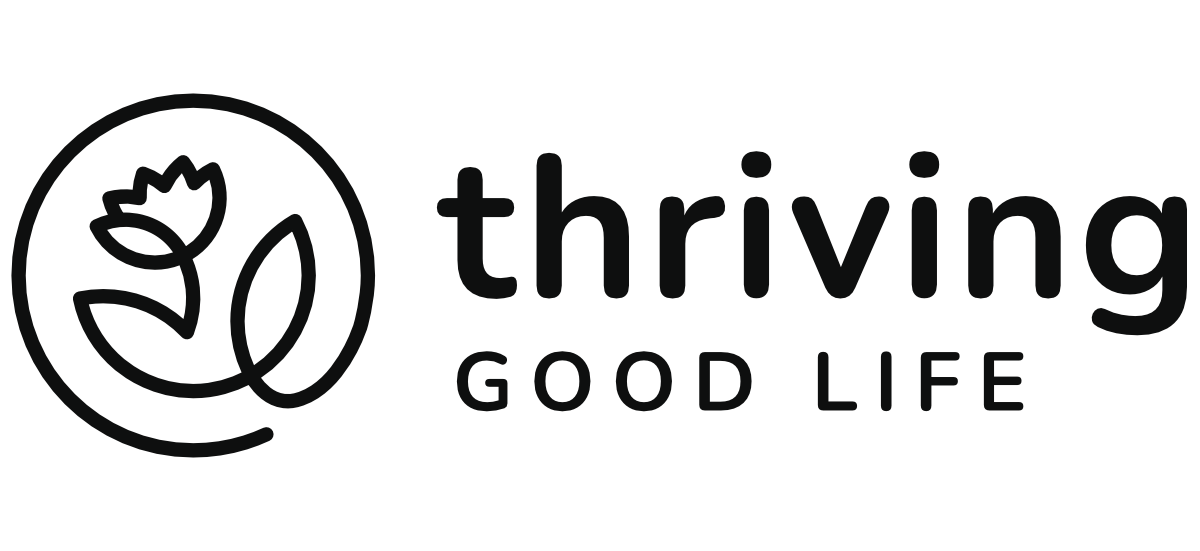


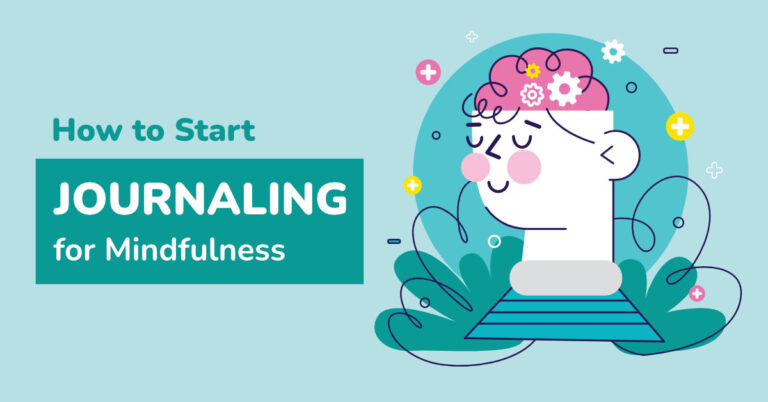
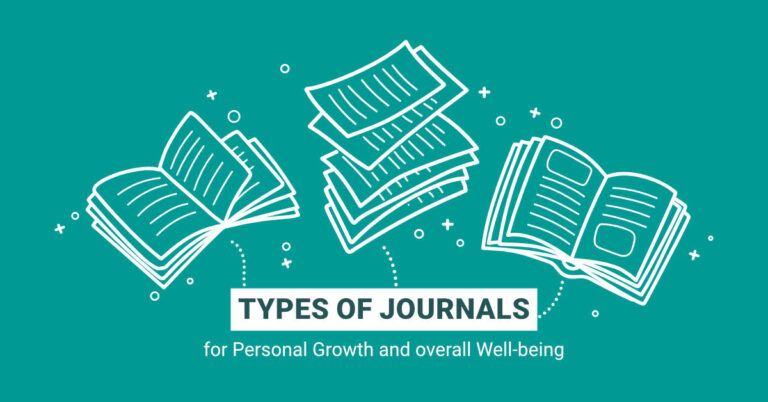
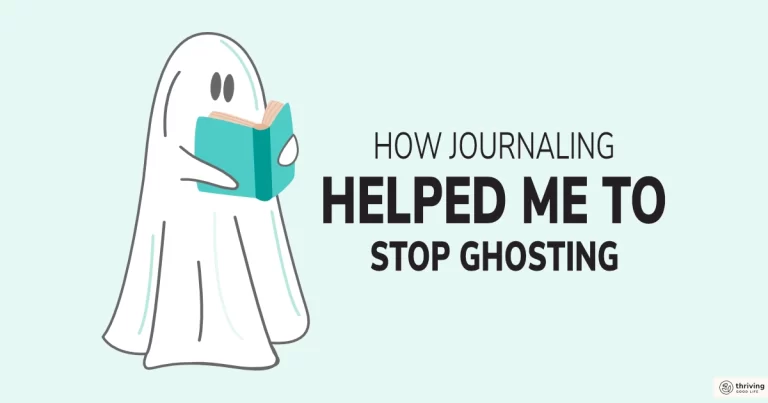
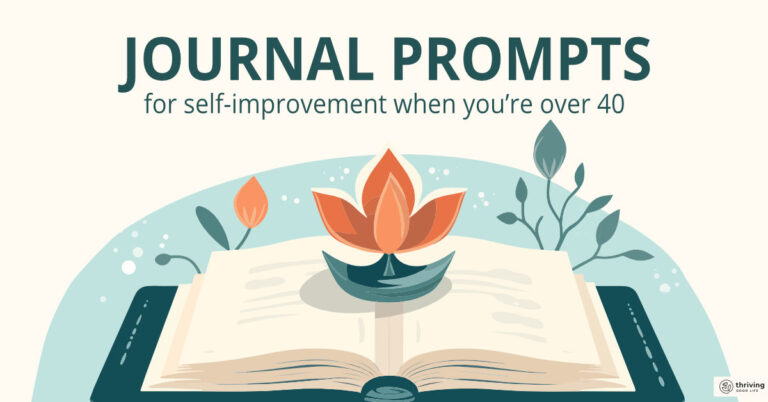
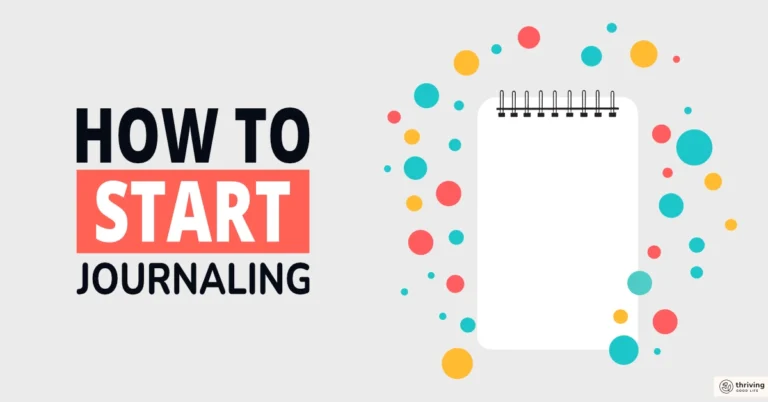
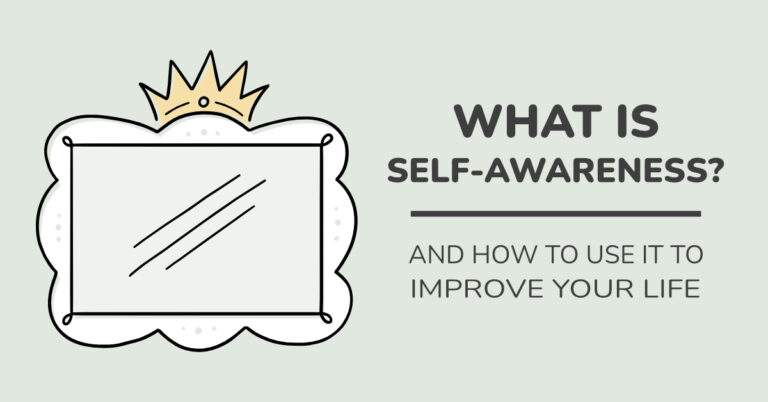
Thank you Mena! Your resources are extremely helpful and make scary, abstract concepts way more approachable. I’m thankful I stumbled across these articles and hope they get the attention they deserve!
Lana, thank you so much for the kind words. I’m really glad you found the resources helpful in explaining abstract concepts. Feedback like yours is so motivating. I appreciate you taking the time to send some encouragement my way.